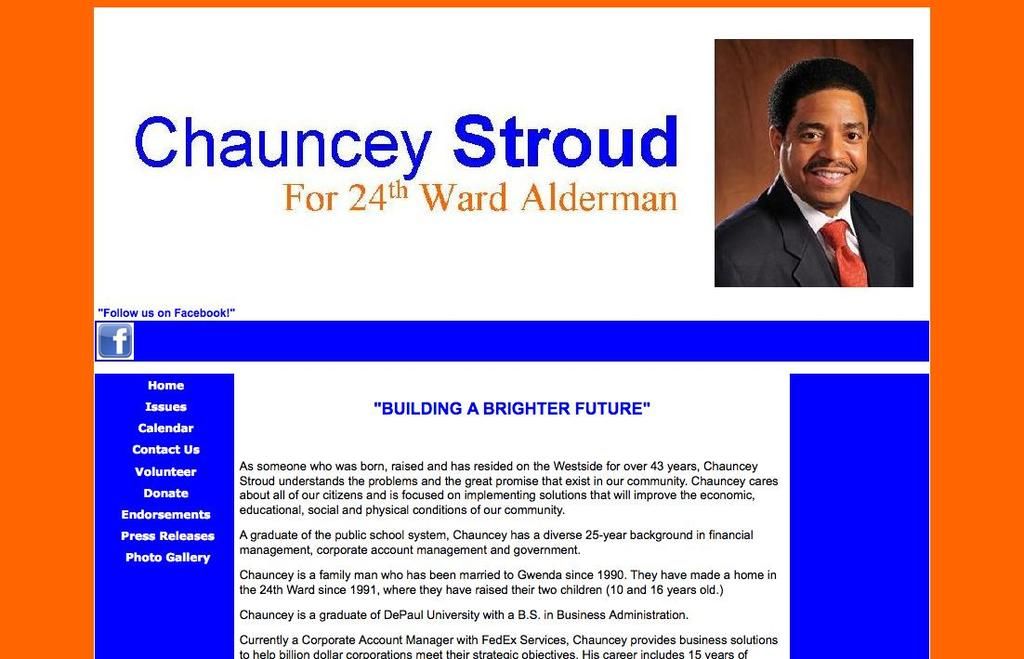France's Senate Debates France's Proposed 2% Minimum Tax on Billionaires: A Closer Look
Legislative body in France ponders 2% minimum tax on affluent individuals with billion-dollar fortunes. - Discussions in the French Senate focus on implementing a 2% minimum tax for the wealthy, specifically billionaires.
ready to dive into the heated debate surrounding France's proposed "Zucman tax" on billionaires? Here's the lowdown on why some folks think this is a game-changer, while others find it questionable.
Reasons for Embracing the Two-Percent Minimum Tax
- Tackling Wealth Inequality and Ensuring Tax Equity
- Proponents argue that the French tax system is too regressive at the top, with the average taxpayer facing a tax + welfare contribution rate of about 50%, whereas billionaires barely hit 27% tax[1][4].
- Supporters believe the tax would mainly target about 1,800 individuals, potentially generating substantial revenue (€15–25 billion per year) for social programs or deficit reduction[1][3].
- Gabriel Zucman, the brains behind the tax, argues it's the best way to thwart wealth avoidance amongst the ultra-wealthy and reinforce tax equality[4][5].
- Global Action and Collaboration
- The tax has gained attention worldwide, and French President Macron supports such measures only with international consensus[1].
- International agreement would help alleviate concerns about capital flight, ensuring a level tax field among nations[1][5].
Arguments Against the Two-Percent Minimum Tax
- Complexity and Legal Objections
- Critics question if the ultra-rich genuinely pay less tax because of legal tax planning strategies[1].
- The original proposal faced dilution after parliamentary debates, changing to 0.5% and excluding business assets, due to concerns about overburdening businesses and discouraging investment[1].
- Capital Flight and Economic Concerns
- Opponents fear unilateral implementation could push wealthy individuals to decamp, causing capital outflows and a shrinking tax base[1][2].
- There are also concerns about taxing business assets, which could deter entrepreneurs and slow down economic growth[1].
Potential Economic Implications
- Revenue and Fiscal Sustainability
- If implemented as was originally proposed, the tax could lead to substantial state revenue, aiding in deficit reduction and funding social spending[2][3].
- However, if the tax base erodes due to capital flight, actual revenues may fall short of predictions[2].
- Behavioral Responses
- The ultra-wealthy might respond by further tax optimization, relocating, or hiding assets[1][2].
- This could lead to decreased economic activity in France, but proponents argue that global cooperation could mitigate such risks[1][5].
- Political and Social Implications
- The debate fuels public discussions on fairness and the state's role in redistributing wealth[1][2].
- The issue likely remains politically contentious, with supporters promising to revisit the proposal in future budget debates[1].
Embraced as a bold move to combat wealth inequality, or decried as an impediment to economic growth? Only time will tell whether the Zucman tax will stand the test of time. Stay tuned for updates on this polarizing proposal!
The heated debate in France's Senate revolves around the potential impact of the proposed 2-percent minimum tax on billionaires, which is considered a game-changer for finance, business, politics, and general-news due to its implications for wealth inequality, tax equity, and global collaboration.
However, the ambitious tax has generated opposing viewpoints. Critics argue that concerns about complexity, legal objections, capital flight, and economic growth could outweigh the potential benefits, while proponents believe cooperation at an international level could mitigate these risks and yield positive fiscal and political outcomes.







